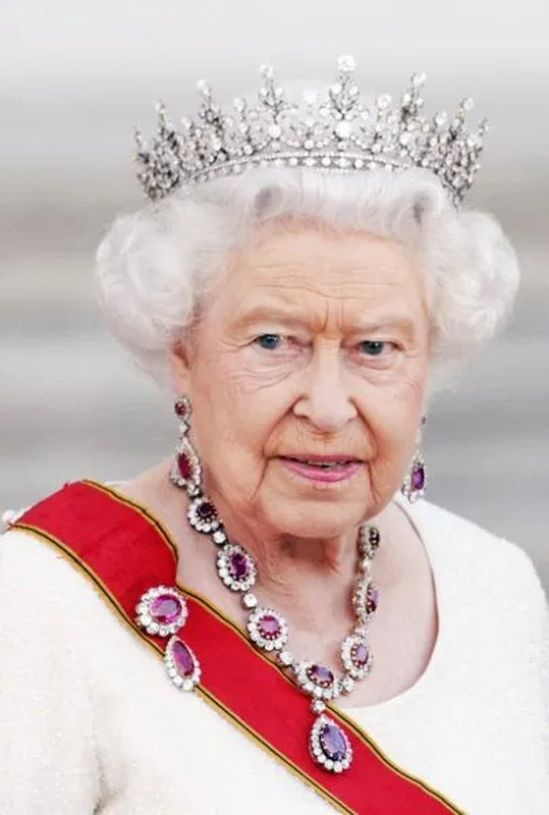Brent Cameron | Sep 14, 2022
Grief over the loss of a person is a complicated affair.
On the surface, we commemorate the passing of an individual from this world. That loss is, in and of itself, important – whether it be the loss of a family member, a friend, or a prominent member of a community.
But grief, and the processes around it, are as much about us as they are about the person we lose. We grieve what we no longer have. Flesh and bone are lost to the world only once. It’s the echo in our memory that we mourn.
There are times when that sense of loss is felt beyond a home, a family, or a small close-knit group of people. Most times, communal loss is commensurate with tragedy and the feeling of senselessness that comes with it. But rarest of all are those times of communal loss that are not accompanied by feelings of anger or agenda. It is the simple knowledge that what was once familiar will now be absent.
The death of Her Majesty Queen Elizabeth II is one such moment.
We don’t mourn the loss of an institution. It carries on as it always has. Nor do we mourn the loss of who we are as people, or a society, for that has not changed either.
What we have lost is a solitary figure who, despite the trappings and affectations that came with the position, resolved themselves to live a life of service – to console, to encourage and to inspire. Seven decades that began with a solemn vow to place personal duty above the self ended just two days after carrying out a duty invested in a head of state.
In 2019 I sat in Westminster Abbey during the Commonwealth Day Service. Several rows in front, I could see the top of that familiar head, adorned with a beautiful lavender hat. The pomp and ceremony that you get on television was dialed up to 11. Beside me was a woman from Rwanda, representing a charity that had Royal patronage and support. Before the ceremony we talked about this unique moment we found ourselves in. Despite the distance between Kigali and Godfrey, Ontario we spoke warmly as friends, sharing the same emotions, feeling the same privilege – that of being part of something much bigger than ourselves.
It is the fear of losing that feeling that we mourn as much as the person, because in the end we don’t really crave attention or titles – we crave meaning. For someone like The Queen, who had all the trappings, it was the pursuit of that meaning, through service and duty, that defined her life. She made a storied and formidable 1,000-year-old institution as personal and immediate as a kind word, a thoughtful gesture and a sympathetic ear. Deep down, we know just how remarkable a feat that is.
The very last public comment offered in her unparalleled tenure was a heartfelt message of sympathy and support for the victims of the brutal attacks at the James Smith Cree Nation in Saskatchewan, sharing in the mourning of the community and standing in solidarity with them in a time of great tragedy and trial. It was in situations such as these where she shone brightest, and that may be the only way to remember her – placing yourself in service to something larger than yourself.
Requiescat in pace.
[Brent Cameron is the author of ‘The Case for Commonwealth Free Trade” and serves as a government advisor to CANZUK International. He had the privilege of attending the annual Commonwealth Day Service in held Westminster Abbey in 2019.]
More Stories
- Harrowsmith Public School and the Magic of Theatre
- You’re a Good Man Charlie Brown – a school wide effort at SHS
- Leadership From Within
- New Bulk Water Station in Sydenham
- Frontenac County Council looks at Healthcare Recruitment
- Good Turn Out Maple Fest Despite Rain
- Future looking brighter for Denbigh Fire Department says Chief
- Local Favourites featured at 2nd Annual SF Music Festival
- Perth Festival of the Maples, Saturday, April 27
- South Frontenac Council

